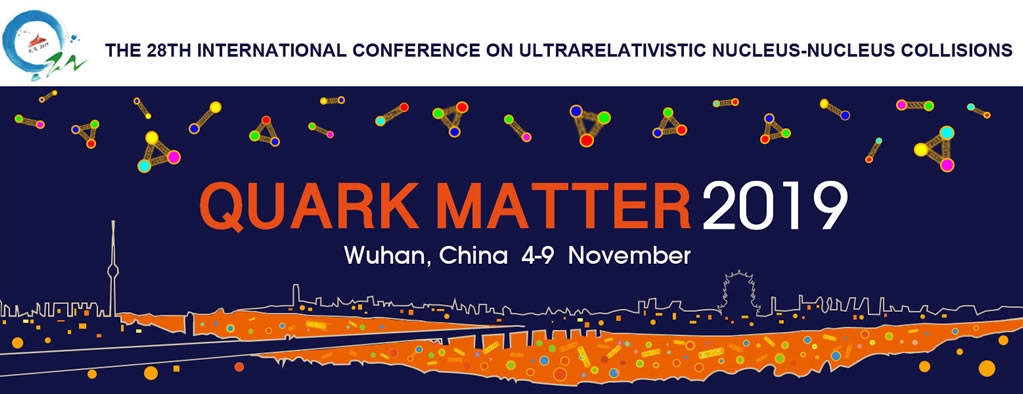Speaker
Description
The Compressed Baryonic Matter (CBM) experiment is a fixed-target heavy-ion physics experiment at the Facility for Antiproton and Ion Research (FAIR) in Darmstadt, Germany. The CBM physics program aims at exploring the QCD phase diagram at very high baryon densities. For high-statistics measurements of rare probes, CBM is designed to cope with very high interaction rates up to 10 MHz. To achieve this high rate capability, the CBM experiment will be equipped with fast and radiation hard detectors employing free-streaming readout electronics. The Silicon Tracking System (STS) is the essential component for tracking up to 1000 charged particles per event in A+A collision. The experimental conditions pose demanding requirements in terms of channel density and read-out bandwidth. The STS-XYTER is a dedicated ASIC for the readout of the double-sided silicon micro-strip sensors. It is a low power, self-triggering ASIC with 128 channels, 5-bit ADC charge and 14-bit timing information. It needs to be fully integrated into a very confined space and it should perform in a highly irradiated environment with strong magnetic field. Several tests are carried out to check chip functionalities, full detector modules performance and integration aspects. An overview of the frontend electronic, module tests and experimental results, for different data taking scenarios, will be presented, including first measurements with a full system test-setup in heavy-ion collisions at SIS18.
